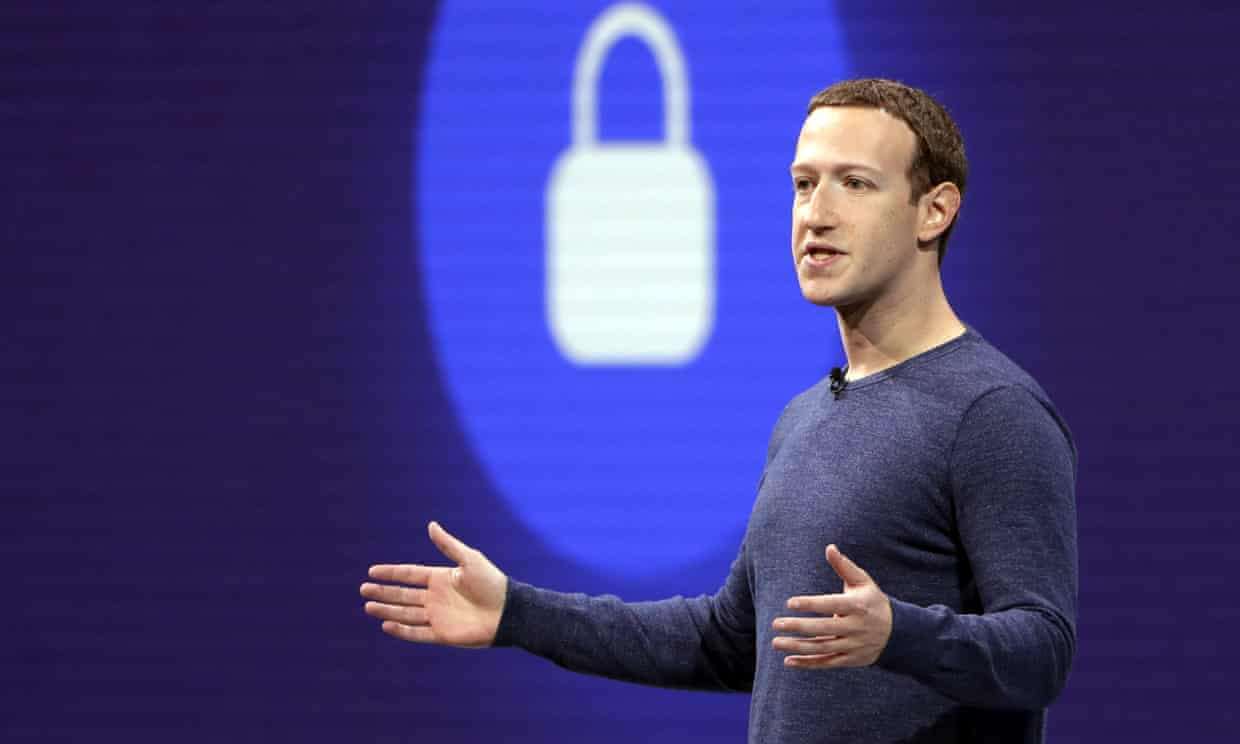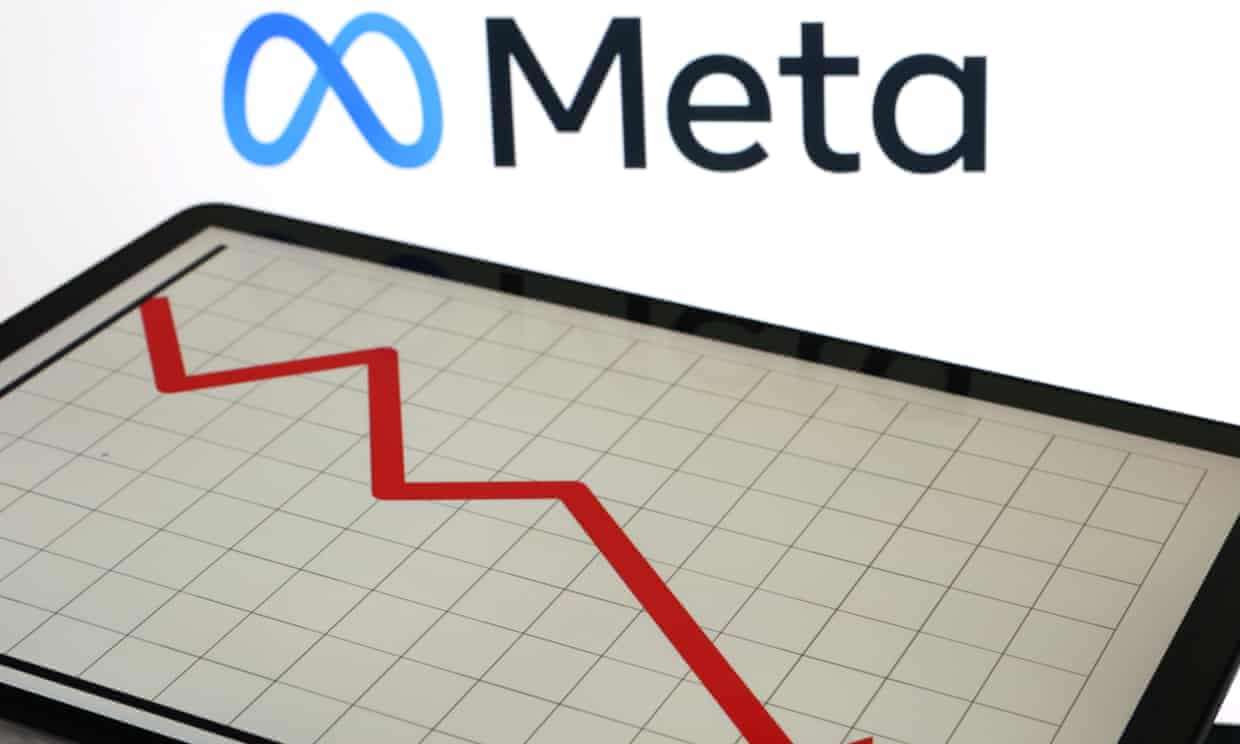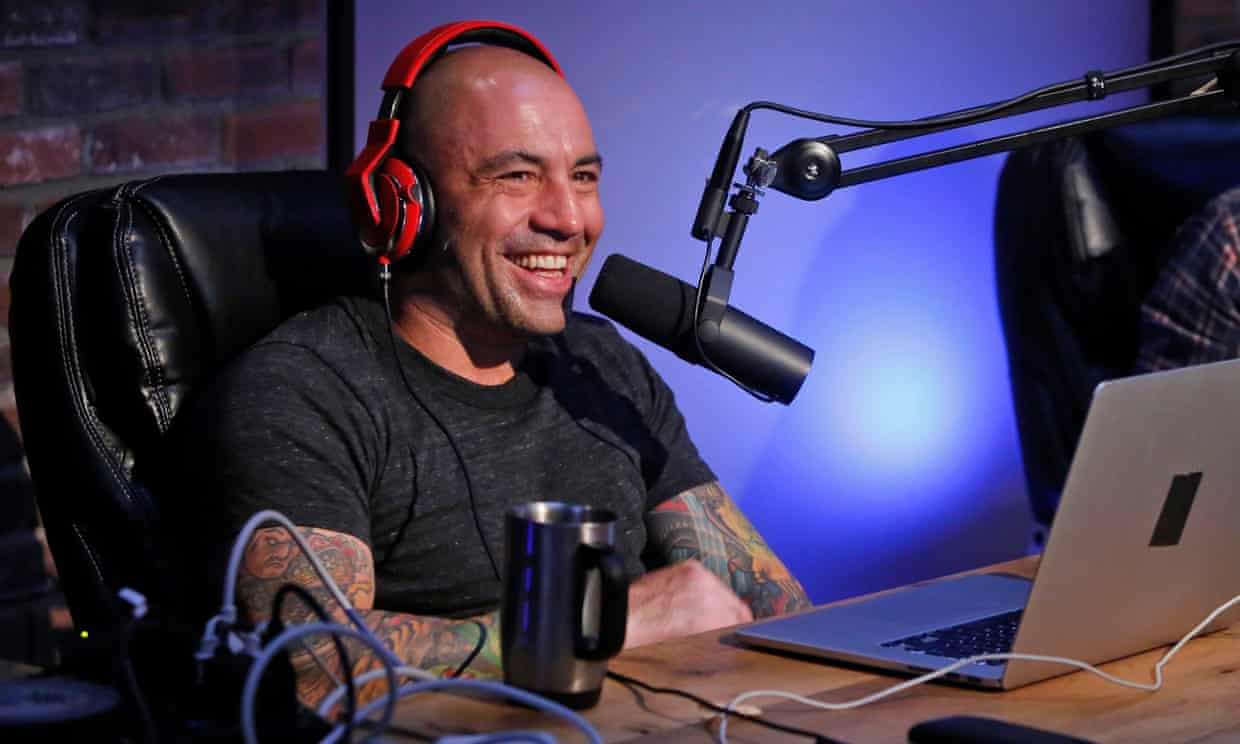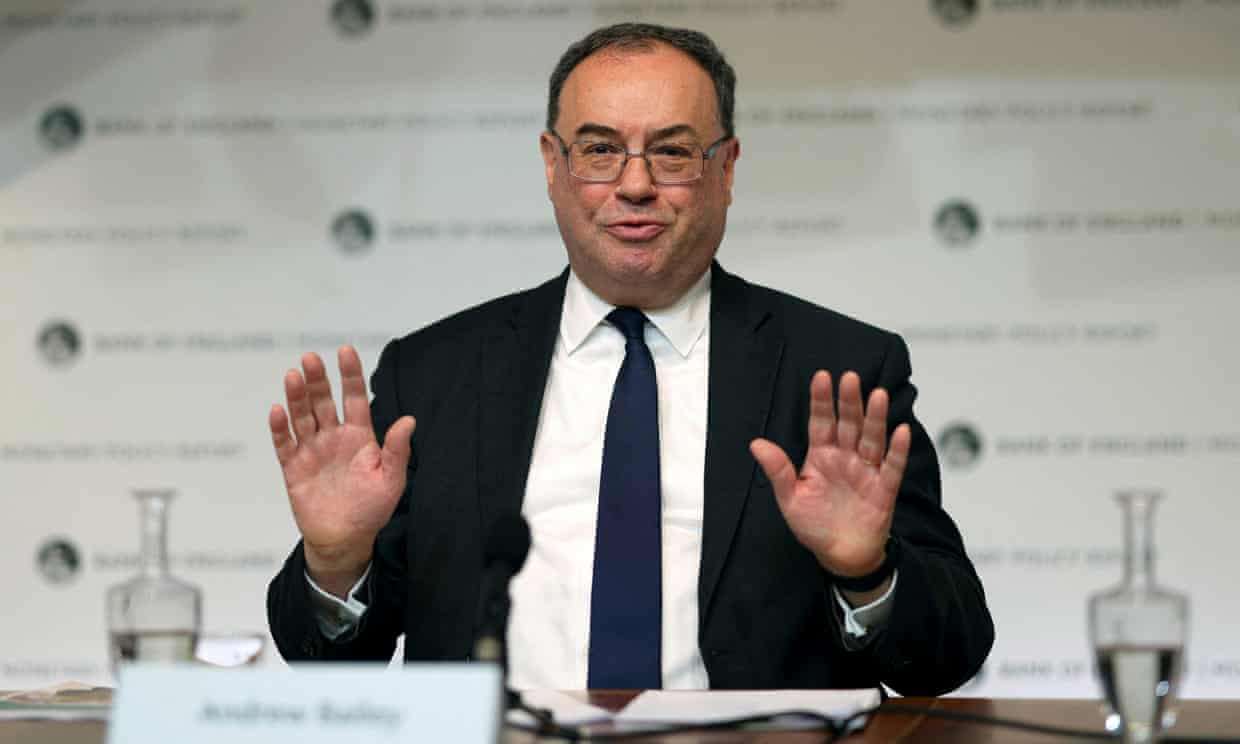Australia to target Google and Yahoo under internet piracy crackdown
The federal government will target search engines as it expands a crackdown on internet piracy, making it harder for Australians to illegally download free movies and music.In a move hailed by the Australian film industry, the government on Thursday introduced legislation to parliament that would effectively expand the list of websites that companies could seek to have blocked.Under existing laws introduced in 2015, copyright holders can seek an order from the federal court that requires internet service providers to block access to infringing websites.More than one third of music consumers still pirate musicRead moreThe new laws propose to expand this so that complainants could also seek an injunction requiring search engines such as Google and Yahoo to remove or demote search results for piracy websites.Those websites would be considered to have “the primary purpose or primary effect” of infringing on copyright, according to the legislation. The new laws would also allow copyright holders to more easily have mirror sites for piracy websites blocked.Thursday’s announcement comes after a campaign from Australia’s film and television industry, most prominently Foxtel and Village Roadshow. The latter has previously argued that pirates were “facilitated by Google and other search engines” to circumvent Australian laws.Ramon Lobato, a senior research fellow at RMIT’s school of media and communication, said the proposed changes would “significantly expand the scope of the existing site-blocking regime”.“The government is proposing to allow blocking of additional platforms, including cloud storage sites [cyberlockers] that are used for piracy,” he told Guardian Australia. “This could be complex to implement, given that cyberlockers are multifunctional and have both licit and illicit uses. The devil will be in the detail here.In a parliamentary submission earlier in the year, Foxtel had also requested the ability to get an urgent injunction to block sites hosting illegal streams of sporting events broadcast on its channels. So-called “live blocking” is in place in the UK.The government did not allude to such a power on Thursday when announcing the new laws and the legislation did not appear to address the issue.A Foxtel spokesman said: “Foxtel welcomes the introduction of the government’s newly proposed copyright amendment bill, which will strengthen the ability of the creative industry to combat the scourge of online piracy.”The communications minister, Mitch Fifield, said on Thursday he did not want the financial support provided to the nation’s creative industries to be “undone by allowing local creators to be victims of online piracy”.“Online piracy is theft,” he said. “Downloading or streaming a pirated movie or TV show is no different to stealing a DVD from a shop.”'We're told to be grateful we even have readers': pirated ebooks threaten the future of book seriesRead moreThe rise of paid streaming services such as Spotify, Netflix and Stan – which offer a relatively cheap way for consumers to legally access music, films and TV shows – have put a dent in the public’s appetite to access piracy websites.In February, research commissioned by the Australian Screen Association – which lobbies for anti-piracy laws – found visits to piracy websites had fallen by half in a year. It followed the new laws that led to the blocking of websites such as the Pirate Bay.Separate figures released by the Department of Communication in August found the copyright infringement rates for TV series, movies and music had fallen, but increased slightly for video game piracy.Google was contacted for comment.
Tech bosses could face criminal cases over online harm, warns UK minister
Addressing the wider tech industry, Dorries said: “Remove your harmful algorithms today and you will not be subjected – named individuals – to criminal liability and prosecution.”Dorries was speaking to a parliamentary joint committee scrutinising the draft bill, which aims to impose a duty of care on tech firms – with a particular emphasis on social media platforms such as Facebook and Twitter and video platforms such as YouTube and TikTok – to protect users from harmful content.The bill contains provisions for a deferred power to impose criminal sanctions on executives if they do not respond to information requests from the communications watchdog Ofcom accurately and in a timely manner.Dorries said that power could be brought in within three to six months of the bill becoming law, rather than the two years initially envisaged, and indicated that the criminal sanctions would be extended to cover failing to tackle algorithms that serve up harmful content.“[Platforms] know what they are doing wrong. They have a chance to put that absolutely right, now. Why would we give them two years … to change what they can change today,” she said.Dorries was scathing about Facebook’s rebranding and its investment plans for the metaverse, a virtual world where people will be able to live their social and professional lives through avatars, or animated digital representations of themselves.Referring to Meta’s recent announcement that it would hire 10,000 people in the EU to help build a metaverse, she said: “They are putting ten, twenty thousand engineers on to the metaverse. And rebranding does not work. When harm is caused we are coming after it. Put those ten or twenty thousand now on to abiding by your terms and conditions and to removing your harmful algorithms, because if you don’t this bill will be watertight. I am looking at three to six months for criminal liability.”Meta, which also owns Instagram and WhatsApp, is under severe political and regulatory pressure on both sides of the Atlantic after revelations by the whistleblower Frances Haugen. The former Facebook employee has detailed how the company was aware that its platforms harmed users and spread misinformation.Addressing the wider tech industry, Dorries said: “Remove your harmful algorithms today and you will not be subjected – named individuals – to criminal liability and prosecution.”Dorries was speaking to a parliamentary joint committee scrutinising the draft bill, which aims to impose a duty of care on tech firms – with a particular emphasis on social media platforms such as Facebook and Twitter and video platforms such as YouTube and TikTok – to protect users from harmful content.The bill contains provisions for a deferred power to impose criminal sanctions on executives if they do not respond to information requests from the communications watchdog Ofcom accurately and in a timely manner.Dorries said that power could be brought in within three to six months of the bill becoming law, rather than the two years initially envisaged, and indicated that the criminal sanctions would be extended to cover failing to tackle algorithms that serve up harmful content.“[Platforms] know what they are doing wrong. They have a chance to put that absolutely right, now. Why would we give them two years … to change what they can change today,” she said.Dorries was scathing about Facebook’s rebranding and its investment plans for the metaverse, a virtual world where people will be able to live their social and professional lives through avatars, or animated digital representations of themselves.Referring to Meta’s recent announcement that it would hire 10,000 people in the EU to help build a metaverse, she said: “They are putting ten, twenty thousand engineers on to the metaverse. And rebranding does not work. When harm is caused we are coming after it. Put those ten or twenty thousand now on to abiding by your terms and conditions and to removing your harmful algorithms, because if you don’t this bill will be watertight. I am looking at three to six months for criminal liability.”Meta, which also owns Instagram and WhatsApp, is under severe political and regulatory pressure on both sides of the Atlantic after revelations by the whistleblower Frances Haugen. The former Facebook employee has detailed how the company was aware that its platforms harmed users and spread misinformation.
Sending threatening posts among offences in revised online safety bill
Joining digital pile-ons, sending threatening social media posts and deliberately posting hoax bomb threats are among the new criminal offences that could result in jail sentences under proposed online safety laws.Tech firms will also be required to prevent users from being exposed to content such as revenge porn, fraud and the sale of illegal drugs, or face the threat of substantial fines under the proposed changes. Previously, platforms such as Facebook and Twitter had to take such content down if it was flagged to them but now they would be legally required to prevent users from being exposed to them in the first place.The culture secretary, Nadine Dorries, said: “We are listening to MPs, charities and campaigners who have wanted us to strengthen the legislation, and today’s changes mean we will be able to bring the full weight of the law against those who use the internet as a weapon to ruin people’s lives and do so quicker and more effectively.”Those offences are: sending or posting a message that conveys a threat of serious harm, sending a communication with the intent of causing psychological harm or serious emotional distress, and deliberately sending a false message with the intention of causing harm.The government is introducing the offence of sending a genuinely threatening message, which would carry a sentence of up to five years, in order to “better capture online threats to rape, kill and inflict physical violence or cause people serious financial harm”. The Department for Digital, Culture, Media and Sport said it would offer better protection for public figures such as MPs, celebrities and footballers who regularly receive threatening posts and messages.The “psychological harm” offence, which carries a sentence of up to two years, is designed to cover a range of online incidents including Twitter pile-ons – where many people direct abuse at an individual – but also examples of threatening behaviour against women and girls, such as a domestic abuse survivor being tracked to their new location by their abuser and being sent a picture of their front door. Content posted by individuals on comment sections of websites, including newspapers, will be included within the scope of the offence.The false communications offence, which carries a maximum sentence of up to 51 weeks, covers messages or posts deliberately sent to inflict harm such as hoax bomb threats. However, the offender has to be aware that the message or post is untrue before sending it, so if that person posted on Facebook that people should inject themselves with Dettol to cure themselves of coronavirus the court would have to prove that the individual knew it was false information before putting it online.
Beats Fit Pro review: Apple’s workout-ready AirPods Pro rivals
Priced at £199 ($199.99/A$299.95) they offer the same noise-cancelling as the AirPods Pro and features such as spatial audio virtual surround sound.The Fit Pro essentially add a flexible silicone stabiliser “wing” to the top of last year’s Studio Buds. Once you twist the wing into the top of your ear they stay put even with the most vigorous of exercise, or you can wear them without the wing tucked in for more sedate listening.The top of the earbud protrudes a little from your ear and has a single multi-purpose “b” button which you press once, twice, thrice or press and hold to skip tracks, change sound modes or adjust the volume. The music pauses when you remove an earbud too.The earbuds clip magnetically into a flip-top case for charging and storage, which is like a mini version of the giant Powerbeats Pro case. It is a bit bigger than the best on the market but still just about fits in the money pocket of a pair of jeans.The earbuds last up to six hours of playback with noise-cancelling active between charges, which is two hours short of the best rivals but at least an hour longer than the Studio Buds and AirPods Pro.
Meta rivalry with Apple inflamed as Facebook parent company share price plummets
Mark Zuckerberg blamed “headwinds” this week after investors wiped about $220bn off Meta’s market value. One of the biggest blows came from longtime rival Apple.Apple has long marketed itself as a champion of privacy, explicitly positioning itself in opposition to Facebook. Tensions between the two giants escalated with the release of Apple’s new operating system, which Meta feared would hamper its revenue model.On Thursday those fears came true as Meta’s share price fell 26% in what could be the largest single-day wipeout in market value for a US company.Meta blamed increasing competition for the dismal forecast, as well as privacy changes instituted by Apple last year.
Bose QC45 review: commuter favourite noise-cancelling headphones revamped
Bose is back with a revamp of its most popular noise-cancelling headphones, which improve the technology but keep the good bits mostly the same.The company appears to have taken an “ain’t broke, don’t fix it” approach to the new headphones, which are similar to the excellent QuietComfort 35 from 2016 but markedly different to the more modern NCH 700 that launched two years ago.The QuietComfort 45 cost £320 ($330/A$500) and are non-showy and comfortable. The design has been refined with smoother ear cushions and fewer lines and microphone holes in the ear cups for a more minimalist look, but side by side the differences with the QuietComfort 35s are subtle. The headband is now lined with smoother vegan leather rather than the suede-like Alcantara of their predecessors.
How $1bn push into podcasts led to Spotify’s growing pains
He was supposed to be Spotify’s biggest acquisition, one who would transform the music streaming company into a one-stop shop for all kinds of online audio.But controversy over “misinformation” on Joe Rogan’s podcast precipitated a hellish week for the Swedish firm as high-profile boycotts, a social media backlash and a share price drop challenged the viability of its meteoric growth.With questions mounting over whether streaming companies pay artists their proper due, a second and arguably bigger issue has emerged: whether Spotify can be held responsible for all of the material on its platform.AdvertisementThe row started when a group of more than 250 US professors and public health officials called on the company to crack down on Covid-19 misinformation after an episode of The Joe Rogan Experience included “several falsehoods” about vaccines.Later, when Neil Young issued an ultimatum to Spotify to remove either his music or Rogan’s podcast from its platform, the company chose to back Rogan, whose podcast is its most popular, with an estimated audience of 11 million.Despite an apology from Rogan, in which he pledged more balanced and better-researched content, and a decision by Spotify to add content advisories to episodes discussing Covid, there were a slew of further boycotts, including from Joni Mitchell, Nils Lofgren, India Arie, and the podcasters Roxane Gay and Brené Brown.Prince Harry and Meghan Markle, who have a podcast deal with Spotify, said they had previously raised the issue of misinformation with the company. On the same day that Spotify staff were reportedly up in arms about the chief executive Daniel Ek’s defence of Rogan, there was an intervention from the White House calling on it to “do more”.But when Spotify paid a reported $100m (£73m) in 2020 for an exclusive licensing deal with Rogan, known for his brash and often polarising content featuring members of the so-called “intellectual dark web”, it made a value judgment that the boost to revenue was more attractive than avoiding any future controversy.At the time, Spotify had begun to assert itself as a key player in the podcast world, buying up rights to more and more shows, including from the Obamas. It has now spent more than $1bn on podcasts, with revenues from podcasts up 627% year on year.“To be frank, had we not made some of the choices we did, I am confident that our business wouldn’t be where it is today,” Ek is reported to have told staff this week.According to Mark Mulligan, an analyst at Midia Research, “Spotify with Joe Rogan is where Netflix was with House of Cards. It’s original audio content.” He explained that when Spotify got going, “radio basically owned the rest of the audio business, but in the intervening years podcasts have become much bigger. If it wasn’t doing podcasts, other companies would take some of its listening time away.”Spotify, he added, “doesn’t own the music catalogue, it’s entirely dependent on record labels. A podcast is a way of saying ‘we’ll invest in our own content and we’ll generate a much higher profit from that content’.”The debate has become larger than Spotify itself, touching on the cornerstones of today’s culture wars such as free speech and censorship. MailOnline ran an article headlined “Why Spotify must stand up to the luvvie bullies trying to stifle free speech – especially if Meghan and Harry join the Joe Rogan witch-hunt”. Another in the Hill read: “Can Joe Rogan save free speech?”Andrew Hartman, the author of A War for the Soul of America: A History of the Culture Wars, said the dustup was the latest in “a long list of controversies over pop culture and censorship, with capitalism and commerce in the mix.”Most of these battles, Hartman said, had historically entailed efforts by conservatives, often religious conservatives, to censor liberals wishing to express transgressive views – for example, efforts to censor Martin Scorsese’s Last Temptation of Christ. “Now we have liberal musicians working to kick Joe Rogan off a platform for expressing or giving voice to views that are seemingly conservative,” he said.All of which leaves Spotify facing a heady cocktail of crises. The UK’s competition watchdog recently launched a study of whether streaming services such as Spotify hold excessive power, after a scathing report by MPs called for a “complete reset” of a model in which they said only big labels and superstar acts profit.“It’s like waiting for a bus,” Mulligan said. “Suddenly, many crises will come along at the same time. Arie removed her catalogue because of an episode Rogan did on race. Now more and more artists will be looking at all the other stuff he’s said, and other podcasts Spotify is supporting, and think: is this the place I want my music?”But comparing and contrasting streaming companies is difficult business. Since leaving Spotify, Young has directed his fans to use Amazon Music to stream his songs – a company criticised for its treatment of workers. His music remains on YouTube, which factcheckers say is a major conduit of fake news.
Buy and sell one for daily use
Sugarcane is known as an important crop for people's daily life because it is ground to make water for sugar cane juice, but usually after grinding water to produce sugar. Sugarcane is left to rot by some countries in its natural state, in which even Cambodia has left this sugarcane. Seeing that sugarcane was left like this, an entrepreneur made sugarcane into a dish to use, there are endless buyers.
Winter Olympics 2022: 10 things to look out for in Beijing
Jamaica will enter a four-man bobsleigh team in the Olympics for the first time in 24 years after nicking the final qualifying spot, offering a feelgood reboot for the island nation whose debut at the 1988 Calgary Games inspired the Disney film Cool Runnings. Just making it to Beijing might seem like accomplishment enough for Shanwayne Stephens, the team’s 31-year-old pilot and Royal Air Force lance corporal who emigrated to Great Britain with his family in 2002: certainly after improvised training methods at the height of the pandemic that included pushing his girlfriend’s Mini Cooper around the streets of Peterborough. But having touched down in China after undergoing their final preparations at the University of Bath, his goal is plain. “It’s got to be medalling,” Stephens says. “It’s everybody’s dream, it’s what we’re here to do. So why not aim high?
.jpg)

.jpg)





